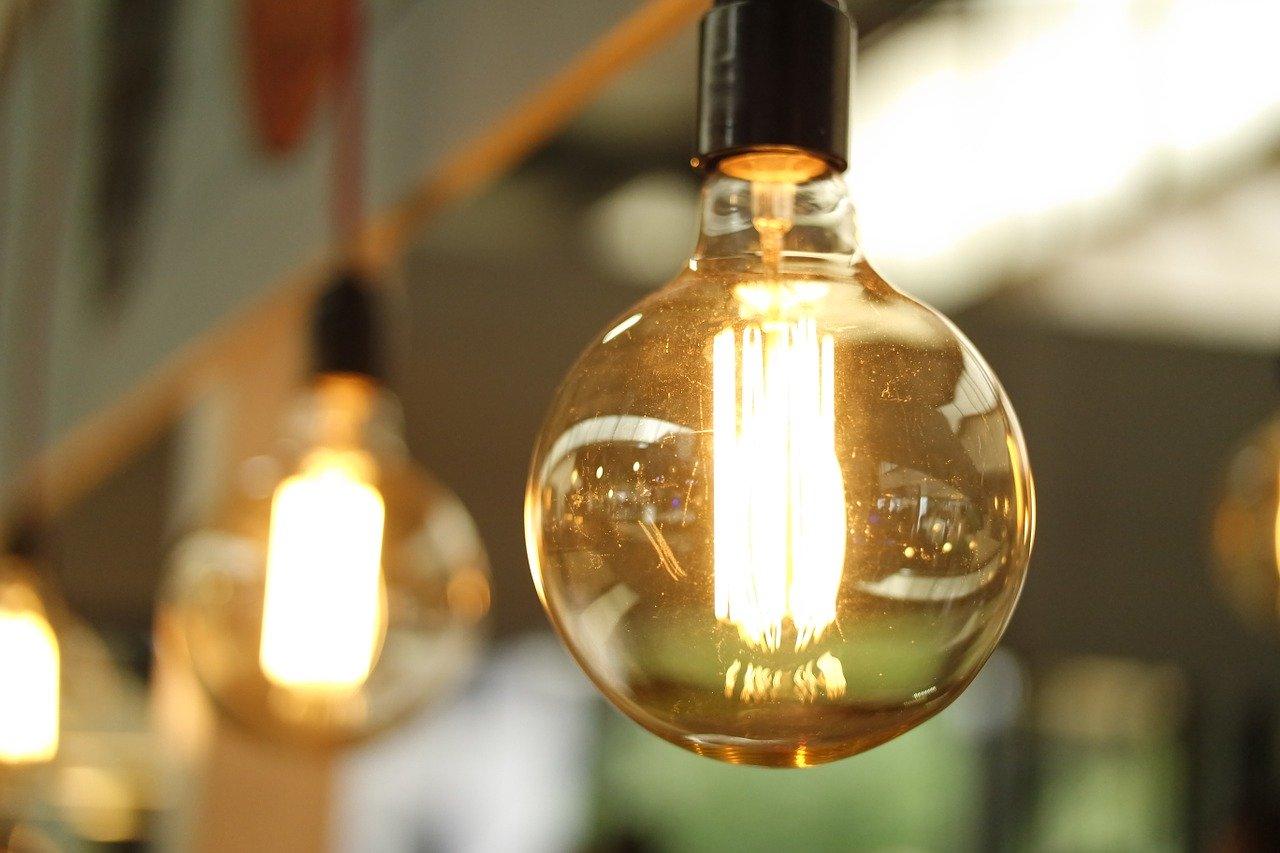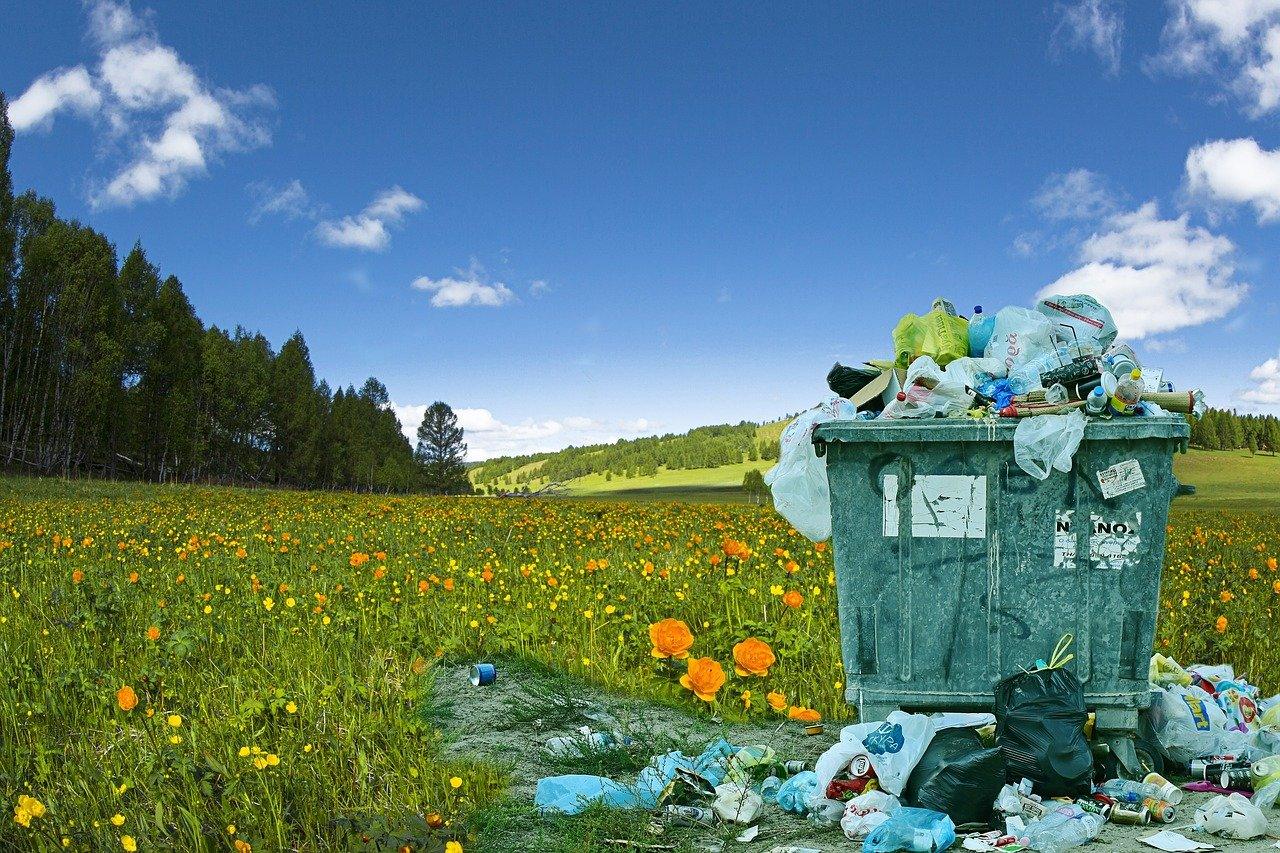40% OFF ALL LEED EXAM PREP PRODUCTS! | PASS YOUR EXAM CONFIDENTLY, ON YOUR FIRST TRY!
40% OFF ALL LEED EXAM PREP PRODUCTS! | PASS YOUR EXAM CONFIDENTLY, ON YOUR FIRST TRY!
Add description, images, menus and links to your mega menu
A column with no settings can be used as a spacer
Link to your collections, sales and even external links
Add up to five columns
Add description, images, menus and links to your mega menu
A column with no settings can be used as a spacer
Link to your collections, sales and even external links
Add up to five columns
Tips To Increase Energy Efficiency At Home
3 min read

An energy-efficient home not only helps the environment by reducing the resources it uses, it also helps with the monthly budget by cutting those utility bills. Regardless of your motivation, planning for energy efficiency just makes sense. Where do you start?
UP THE INSULATION
One single improvement tops the list of energy-efficiency tips: increase your insulation. A house that leaks air, also leaks out heat. And that means a lot of wasted energy, no matter what kind of heat source you are using. So add weather-stripping to doors and use caulk to fill in any gaps in window framing. A bigger and more important option is to add an additional layer of insulation up in the attic, so heat doesn't just escape out through the roof.
If you have the budget for it, you may want to consider replacing your windows outright. It's amazing how much heat is lost directly through the glass if you have older single-glaze windows.
WATCH THE HOT WATER
And speaking of heat, a lot of energy is wasted due to poor practices when it comes to the hot water heater in your home. Your hot water should be wrapped with blanket insulation to help it hold in the heat, and you can do the same with any of the hot water pipes near the heater that are warm to the touch.
Check the actual temperature that your heater is set at. Do you really need have scalding hot water waiting at your fingertips? Probably not. It takes a lot of energy to keep water that hot, which is a waste since it's not frequently needed. Adjust the temperature to around 120F rather than the typical 140F.
POWER USAGE
Though most elements of electricity usage have to do with the appliances inside the house, rather than the house itself, this is still a very big area of energy efficiency you can't ignore.
Update your electrical appliances (like fridge, stove, washer and dryer) with models that have high Energy Star ratings.
After appliances, the next area of potential power waste is your lighting. While replacing the old bulbs with CFLs has long been the green choice, these days the most efficient option is the LED bulb. You will use a tiny fraction of the energy with each light, and still get the brightness you expect. Though pricy at the outset, LED bulbs outlast other light bulbs by far. It's a smart investment in the long run.
Reducing your electricity consumption doesn't necessarily mean you have to go out and make a lot of purchases. It can also mean simple changes to your routines where electrical items in the house are turned off when not in use.
WATER WASTE
Not all issues with water stem from the water heater. How much water is used in your house is also part of your overall energy footprint. Fix those dripping faucets, and take shorter showers when you can. For a more substantial improvement, replace the older fixtures with more efficient ones. That includes the taps, shower heads and toilets as well as washing machines and dishwashers.
SMART CHOICES
Of course, all energy-efficiency choices are smart, but in this case we are talking about using “smart” technology to reduce waste. A thermostat system that learns your routines and can sense where there is no one home, can make adjustments to the heating so that energy isn't wasted while still keeping things comfortable when you get home.With energy efficiency being such a major environmental issue these days, it can also be a smart move to learn more about it as a career option. Earning a LEED Green Associate or LEED AP BD+C credential can open many doors, and good exam prep materials can help you get there.
Also in Projectific Blog

What Changes In LEED v5 & When Will The LEED Exams Will Be Based On LEED v5?
2 min read
As building professionals prepare for this significant update, two critical questions arise: what are the major changes in LEED v5, and when will the LEED credential exams transition to the new version?

How LEED Handles Recyclables With The Storage And Collection Of Recyclables Prerequisite
2 min read

LEED Heat Island Reduction Credit Explained
2 min read

